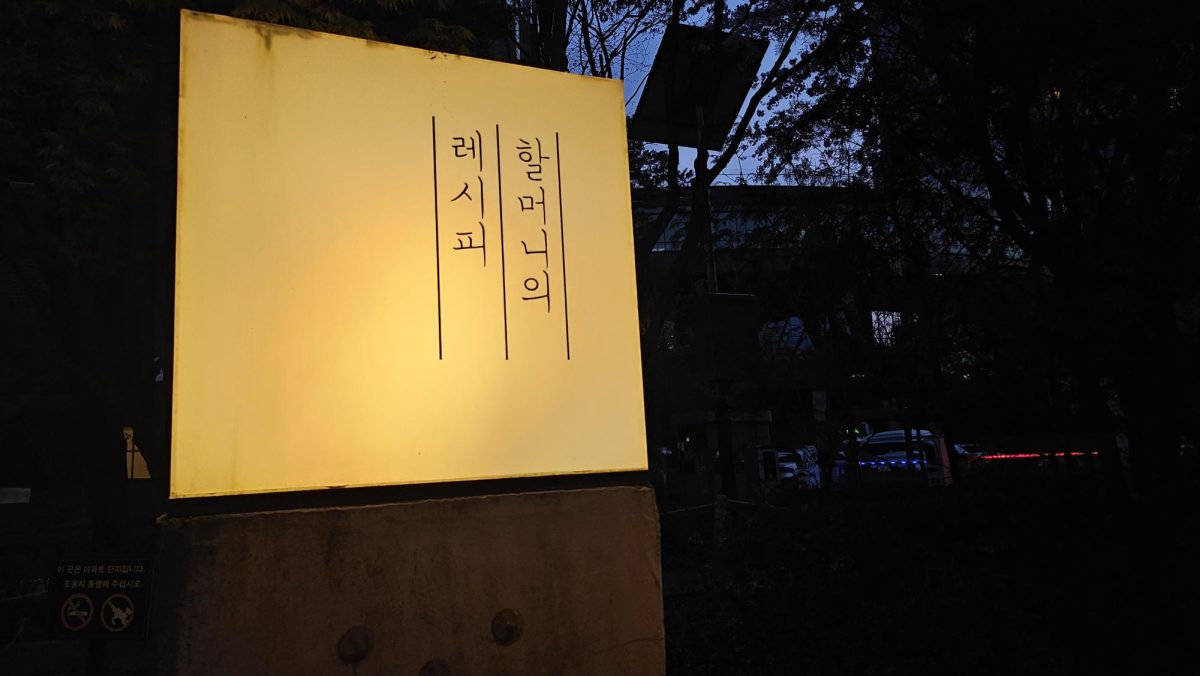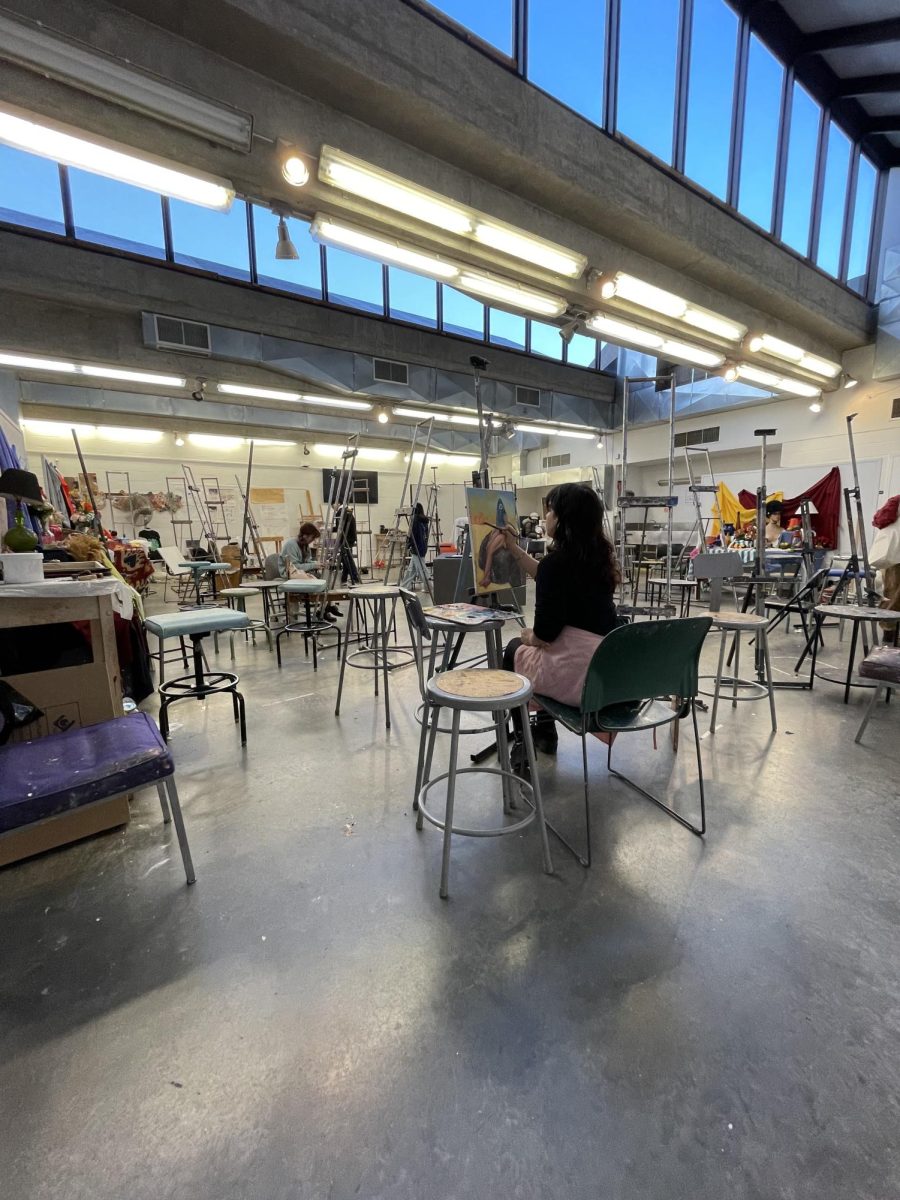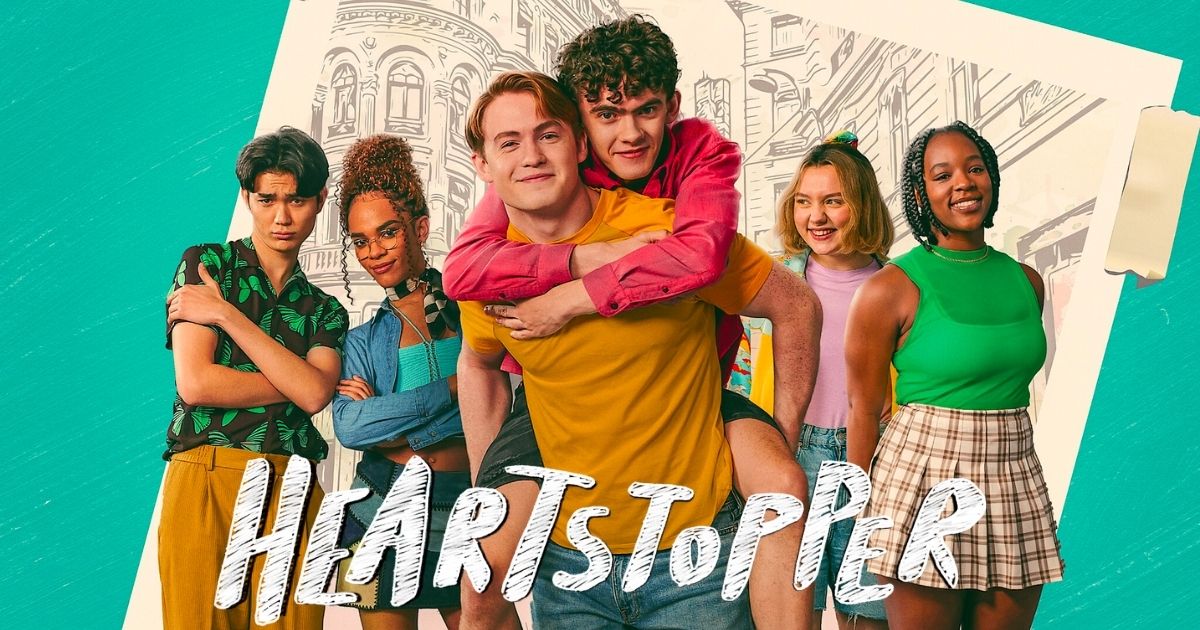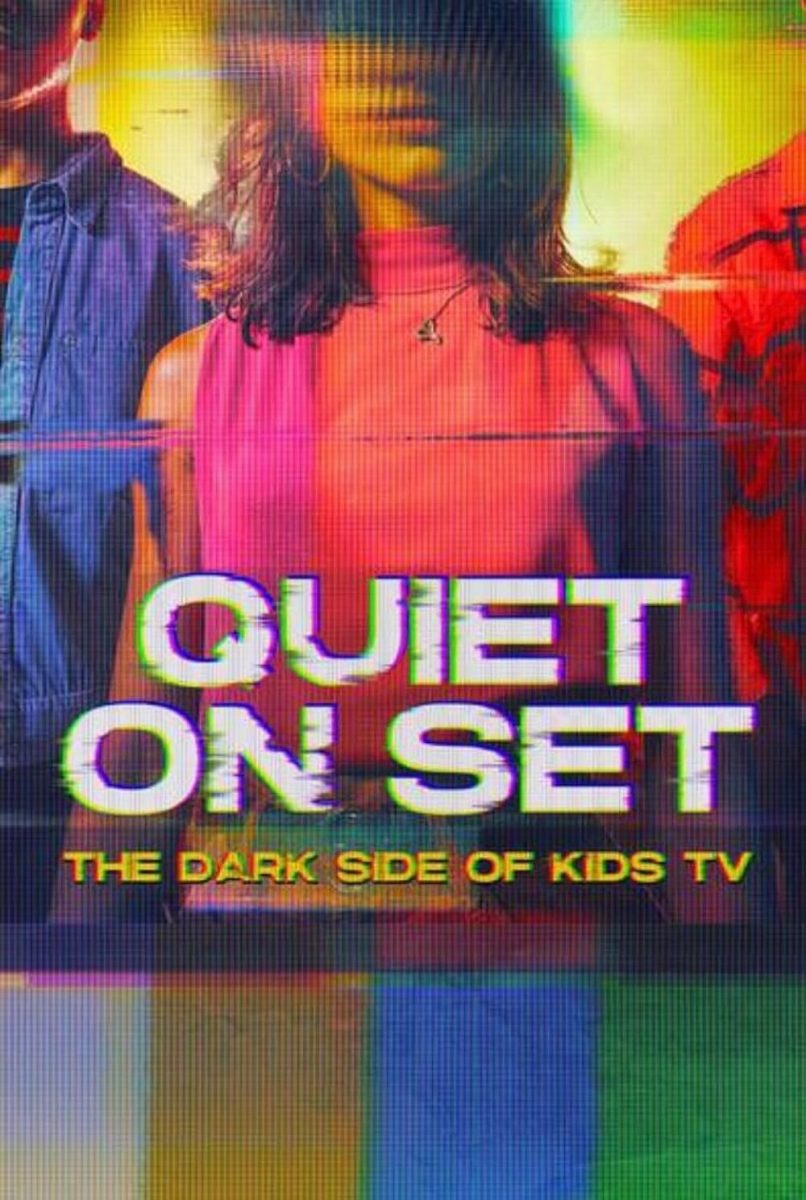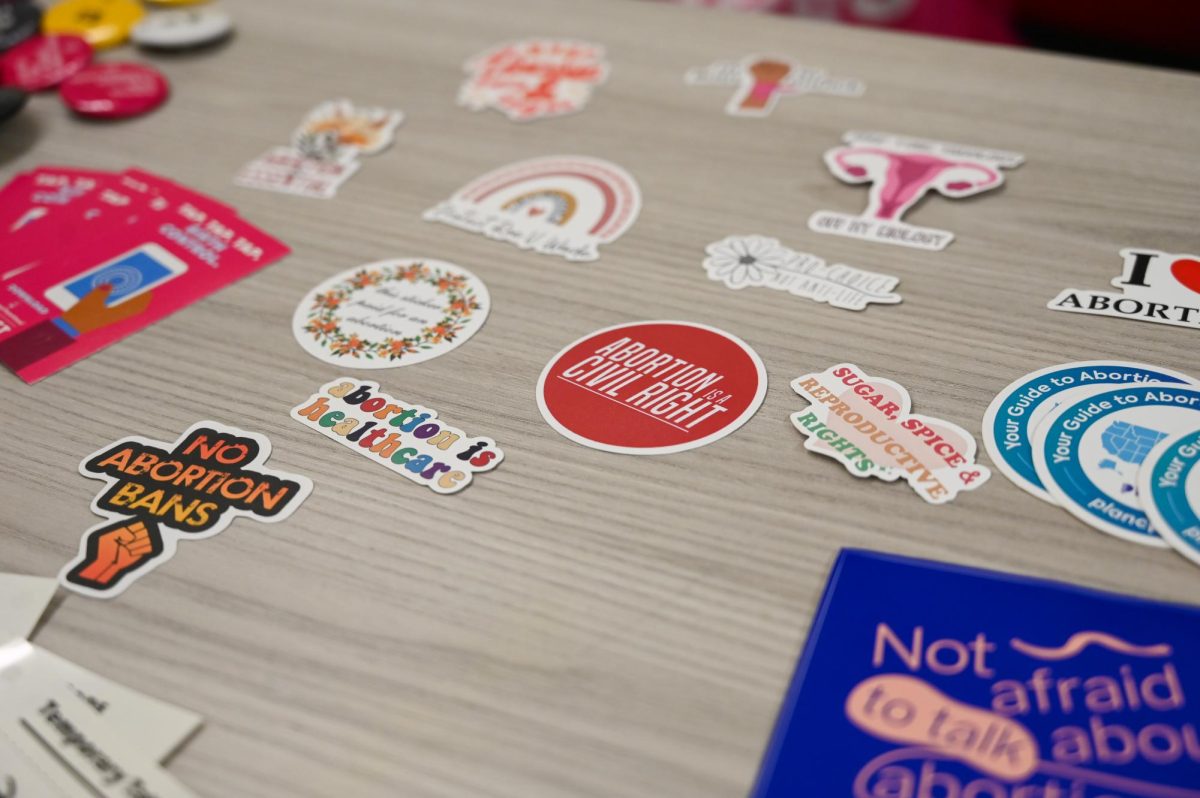
On Tuesday, the Florida Senate and House passed the controversial “Don’t Say Gay” bill, limiting what classrooms can teach about sexual orientation and gender identity. This proposed law states that such lessons “may not occur in kindergarten through grade 3 or in a manner that is not age-appropriate or developmentally appropriate for students in accordance with state standards.” The bill would also allow parents to sue schools or teachers that engage in conversations about these topics.
Supporters of the bill say it is about allowing parents to have control over their children’s education.
“This bill says parents your right to raise your children does not end when they walk into a classroom. This bill recognizes that parents are not the enemy,” Republican Sen. Danny Burgess said. “The bill simply says that there should be an age limit on certain discussions, it’s not a new concept, nor is it radical.”
“We’re going to make sure that parents are able to send their children to kindergarten without having some of this stuff injected into their curriculum,” Gov. Ron DeSantis also said.
Another argument in favor of the bill was brought forward by Florida State Sen. Dennis Baxley who — when asked why the law focused on sexual orientation and gender identity instead of other arguably delicate topics such as drugs and suicide — said it was his opinion that kids these days are “experimenting” too much and are coming out just for the so-called “celebrity” status.
“Why is everybody now all about coming out when you’re in school? And there really is a dynamic of concern of how much of these are genuine … experiences and how many of them are just kids trying on different kinds of things they hear about,” he said. “There’s something wrong with how we’re emphasizing this, and all of a sudden overnight they’re a celebrity … I know parents are very concerned about the departure of the core belief systems and values.”
However, LGBTQ activists and advocates slammed the decision to move the legislation forward, saying it will harm queer youth by shunning representation and inclusion in classrooms.
“Let us be clear: should its vague language be interpreted in any way that causes harm to a single child, teacher or family, we will lead legal action against the State of Florida to challenge this bigoted legislation,” said a local LGBTQ advocacy group Equality Florida in a statement.
The group also said that erasing the LGBTQ community from lessons implies students should be ashamed of or suppress their gender identity or sexual orientation. “Every LGBTQ young person deserves to attend a school that provides an inclusive, affirmative environment — not one that aims to erase their existence,” Amit Paley, CEO and executive director of The Trevor Project — an organization focused on suicide prevention among LGBTQ youth — said in a statement. Legislators against the bill argued students are aware of gender identity and sexual orientation at a young age, and that schools should be allowed to offer safe spaces to discuss these topics.
What did others think about this bill? Comedian Kate McKinnon spoke about Florida’s “Don’t Say Gay” bill on the most recent episode of Saturday Night Live.
In the episode aired on March 5, McKinnon appeared on “Weekend Update” with co-anchor Colin Jost and initially seemed a bit confused about what the “Don’t Say Gay” bill was.
“I heard about this law, and I think it’s amazing,” McKinnon, who is openly gay, said. “When I was in middle school, in the ’90s, I was kind of tortured by the constant use of the word ‘gay.’ Like, you know, ‘That’s so gay,’ or ‘Ew, you’re gay.’ It made me feel horrible.”
The gears shift when Jost finally explains to McKinnon what the bill truly means. McKinnon then criticized the bill, saying it could make LGBTQ+ children “depressed and suicidal.” She continued to comment on how this bill will take place realistically for children with same-sex parents:
“So one kid can say I live with my parents, but another kid can say I live in a house with two adult men who bought me when I was young?”
She concludes with this statement: “If the ‘90s were right and ‘gay’ means bad, then this is the gayest law I have ever seen.”
In response to the bill, students across Florida have been staging walkouts to protest its passage, including a demonstration by over 500 students at Winter Park High School in Orange County, Fla. on Monday.
“We wanted to show our government that this isn’t going to stop. There were walkouts all last week. This is going to continue. If this passes, there will be protests everywhere,” Winter Park High student Will Larkins, one of the protest’s organizers, told CNN. “We wanted to get the attention of our representatives, our senators, because the point is to show them that we are the ones in power. The people are the ones in power and what they’re doing doesn’t represent us, especially marginalized groups.”
This bill is now headed to DeSantis, who has previously expressed his support for it. If he signs the bill into law, it would go into effect July 1.











